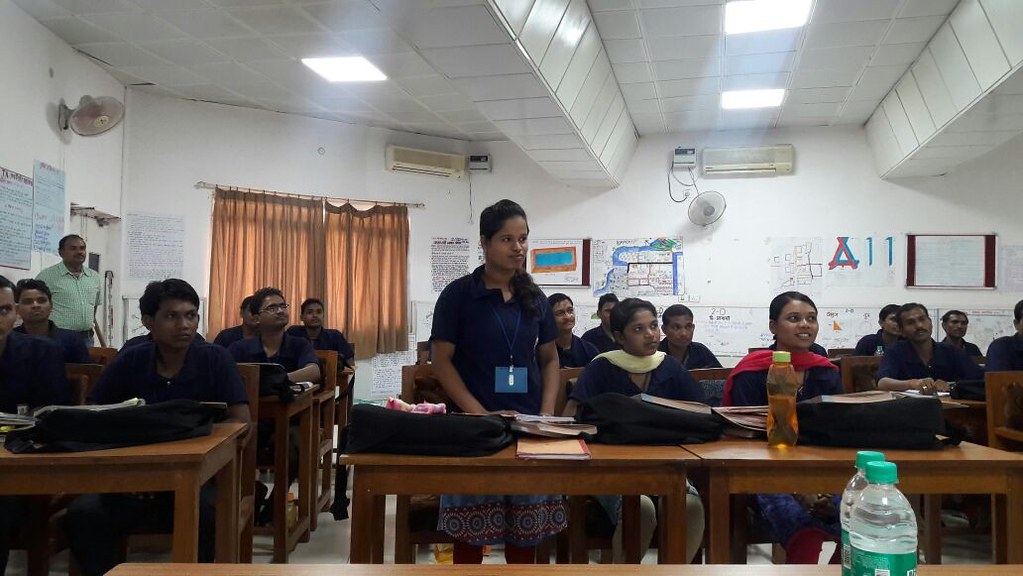Context:
The Union government has officially notified the revised wages under the Mahatma Gandhi National Rural Employment Guarantee Scheme (MGNREGS).
Key highlights:
- This revision is a routine exercise conducted annually by the central government.
- The wage revision aims to address rising living costs and ensure fair compensation for MGNREGS workers.
- The MGNREGS program plays a crucial role in providing employment opportunities and income security for rural households in India.
- Several States have reported significant hikes in wages, ranging from 8% to 10%. This means different states will see varying percentage increases.
- Uttar Pradesh saw a modest ₹7 increase (from ₹230 to ₹237), while Goa experienced a substantial ₹34 hike (from ₹322 to ₹356).
- Other states like Telangana, Andhra Pradesh, Chhattisgarh, Gujarat, Madhya Pradesh, Maharashtra, Tamil Nadu, and Goa reported hikes ranging from 8% to 10.5%. Bihar followed closely with a ₹17 increase.
- Haryana continues to offer the highest daily wage at ₹374, while Uttar Pradesh has one of the lowest wages at ₹237.
- There are approximately 14.34 crore active workers under MGNREGS.
- Currently, the base year for MGNREGA wage calculation is 2009-10.
- The Centre had, in the Union Budget 2024-25, allocated ₹86,000 crore for MGNREGA.
- In the financial year 2023-24, the nationwide average days of employment provided per household were 51 days, falling short of the guaranteed 100 days of work promised by the scheme.
- Some advocacy groups may argue that the wage increase might not fully address the cost-of-living rise.
MGNREGS
The Mahatma Gandhi National Rural Employment Guarantee Scheme (MGNREGS) is a cornerstone of social security in India. Launched in 2005, it guarantees 100 days of work per year to rural households, offering income and promoting social equity.
Eligibility:
- Rural Households: All rural households are eligible to register under MGNREGS.
- Adult Members: Any adult member (above 18 years old) of a registered household can apply for work.
Key Points:
- Demand-Driven: MGNREGS responds to requests for work, ensuring employment opportunities for those who register.
- Focus on Women: At least a third of work opportunities are reserved for women, empowering them economically.
- Wage Security: Minimum wages are set by the government and paid directly to beneficiaries’ accounts.
- Rural Development: MGNREGS focuses on creating valuable infrastructure assets in rural areas.
Unemployment Allowance:
- The MGNREGS Act mandates that if the government fails to provide work within 15 days of an application (in some cases it might be 30 days), the applicant is entitled to an unemployment allowance.
- This allowance is a financial compensation meant to partially offset the loss of income due to the lack of work opportunity.
- The exact amount of the unemployment allowance can vary depending on the state and might be a fixed amount or a percentage of the minimum wage.
Wages and Payments:
- Minimum Wages: The government sets minimum wages for MGNREGS work, revised annually based on inflation.
- Direct Benefit Transfer: Wages are electronically transferred directly to beneficiaries’ bank accounts, promoting transparency.
Impact:
- Reduced Poverty: MGNREGS provides a steady income source, contributing to poverty reduction in rural India.
- Women’s Empowerment: The program offers women economic opportunities and strengthens their role in the workforce.
- Infrastructure Creation: MGNREGS has led to the development of roads, irrigation canals, and other essential infrastructure.
Challenges:
- Funding: Securing sufficient budget allocations to meet wage demands can be difficult.
- Labor Shortages: In some regions, labor shortages can occur during peak agricultural seasons.
- Skill Development: Critics argue MGNREGS doesn’t adequately address skill development for long-term employability.
- Leakages: Concerns exist about corruption and funds not reaching intended beneficiaries.
MGNREGS plays a vital role in rural India, but addressing funding limitations, skill development, and leakages is crucial for its long-term success.

